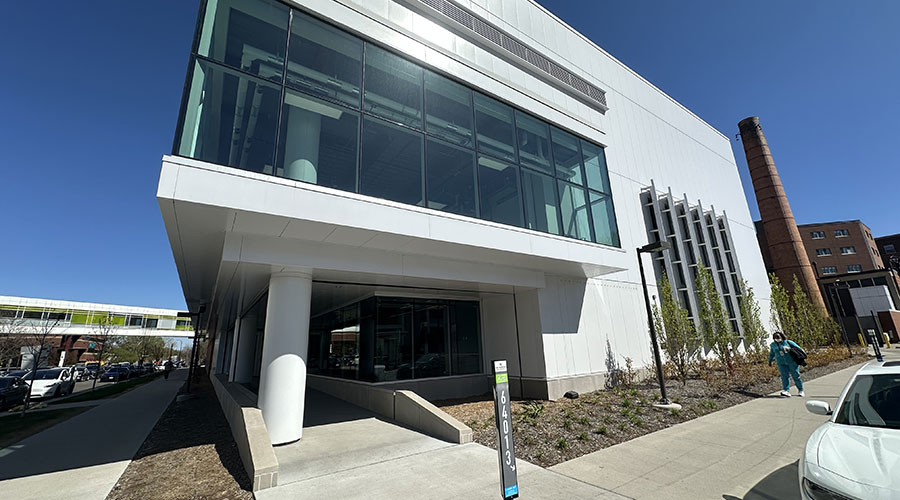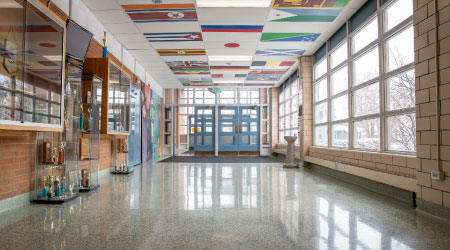Maintenance Bulletin
IAQ Bills Target Schools and Public Buildings
About 60 pieces of legislation related to indoor air quality (IAQ) are before 25 state legislatures, according to information published by Aerias, LLC, an online resource dedicated to enhancing IAQ awareness. The figure includes 13 bills affecting schools and 14 concerning public buildings.
Eye on Schools
Ten states are addressing school IAQ. Among the bills of note are these:
Rhode Island SB 2380 would require that state’s department of health to set IAQ standards for levels of radon, bioaerosols, chemical compounds, volatile organic compounds, pesticide usage, and the degree of pest infestation. The bill also calls for standards for removing hazardous substances, ventilation systems, and plumbing and building structures for schools. New Hampshire, Missouri and Pennsylvania also are considering bills that would set school-IAQ standards.
Missouri HB 1189 would direct the state’s department of elementary and secondary education to inspect and evaluate IAQ in schools at least once every three years. Rhode Island SB 2380 would authorize the state’s department of health to conduct annual inspections, and Arizona HB 2272 would require that state’s school facilities board to conduct IAQ assessments when approving construction or renovation of a school.
A joint resolution in Illinois (HB 2297 and SB 1191) requires each school district to prepare an IAQ management plan. California and Alabama legislators are considering similar legislation.
Public Building Issues
Among the bills of note for these facilities are the following:
Massachusetts has five bills pending. Massachusetts HB 149 would establish an office of IAQ within the state’s department of public health, which would evaluate public health effects of poor IAQ and coordinate operations of all state and municipal agencies involved with IAQ.
Massachusetts also is proposing to set a green building income tax credit and incentive program. Among the requirements to qualify for a tax credit are smoking restrictions, specific ventilation specifications, fresh-air- intake requirements, and inspections by a licensed professional engineer or industrial hygienist.
Bills in Pennsylvania and New York would set minimum IAQ and ventilation standards for all places of employment in Pennsylvania and in new and existing buildings in New York. Also, New York AB 4520 would direct that hospital construction plans must include proper ventilation design to maximize healthy indoor environments.
ASHRAE Addresses HVAC Maintenance
Enhanced maintenance can reduce HVAC system operational problems related to energy use and indoor air quality. Yet lack of a broadly accepted standard maintenance practice makes it difficult for building owners and operators to budget for inspection and maintenance of HVAC systems.
A proposed standard from the American Society of Heating, Refrigerating and Air-Conditioning Engineers (ASHRAE) would provide a document that building owners and operators can rely on to guide their operational planning.
Proposed ASHRAE Standard 180P, Standard Practice for Inspection and Maintenance of HVAC Systems, would set minimum inspection points and and maintenance intervals for HVAC and filtration systems in commercial, institutional, public and residential buildings.
It would define the maintenance required to minimize degradation of the building asset without compromising indoor air quality and other operational conditions and specify ventilation system periodic maintenance requirements for occupied indoor spaces.
“In the past, operation and maintenance of HVAC systems has been considered the responsibility of manufacturers of system components and owners and operators,” says Robert Baker, chair of the 180P committee. “As systems have grown more complex, the maintenance direction provided by the manufacturer of one component of a system has become less useful as the proper operation depends on all components working together.”
More information
Related Topics:











